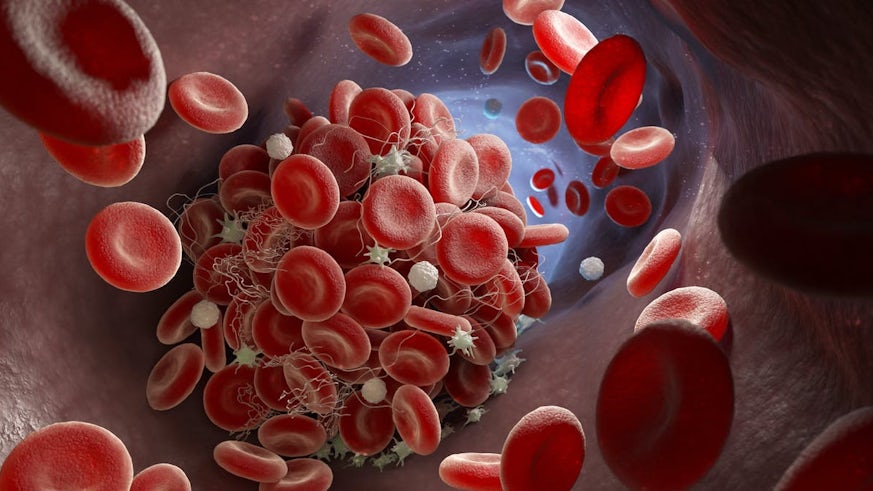Major breakthrough in the mechanism that potentially leads to very rare blood clots in the Oxford-AstraZeneca vaccine
15 December 2021

Researchers from Cardiff University and the US have published a paper that reports a potential “trigger” underlying the Oxford-AstraZeneca Covid vaccine link with extremely rare blood clots, published in Science Advances.
Dr Meike Heurich, a principal investigator at the School of Pharmacy and Pharmaceutical Sciences, is researching how the immune and clotting system work together at the molecular level. She contributed to this paper by determining the interaction of the viral vector ChAdOx with CAR, the viral entry receptor.
Dr Heurich said, “It is crucial to understand these viral entry mechanisms and we have the biophysical methods to determine the binding interactions of these viral vector proteins with cellular receptors”.
She adds, “Identifying an interaction between the adenovirus vector and platelet PF4 presents a potential mechanism for how these very rare blood clots can arise.” “However, it is important to point out that multiple steps have to occur for this to happen leading to a mistaken immune response against this protein - that is why these blood clots are so very rare.”
Prof Alan Parker, a lead author from Cardiff University School of Medicine adds, “we hope our findings may be useful in considering the design of future vaccine platforms”.
The risk of blood clots from the AZ vaccine are vanishing small, causing 73 deaths in 50 million doses delivered in the UK, and the vaccine is thought to have saved a million lives and prevented 50 million cases of COVID.